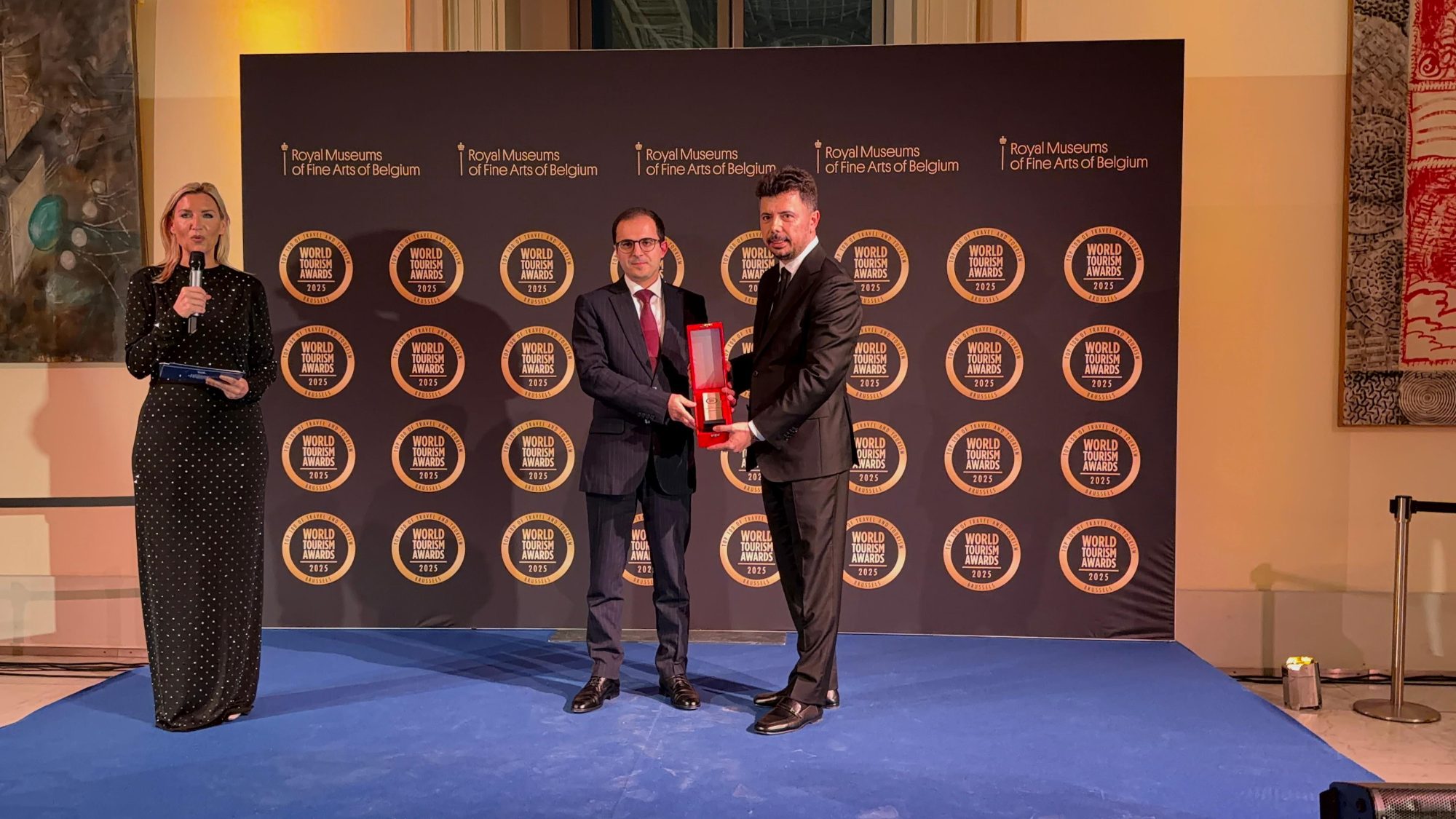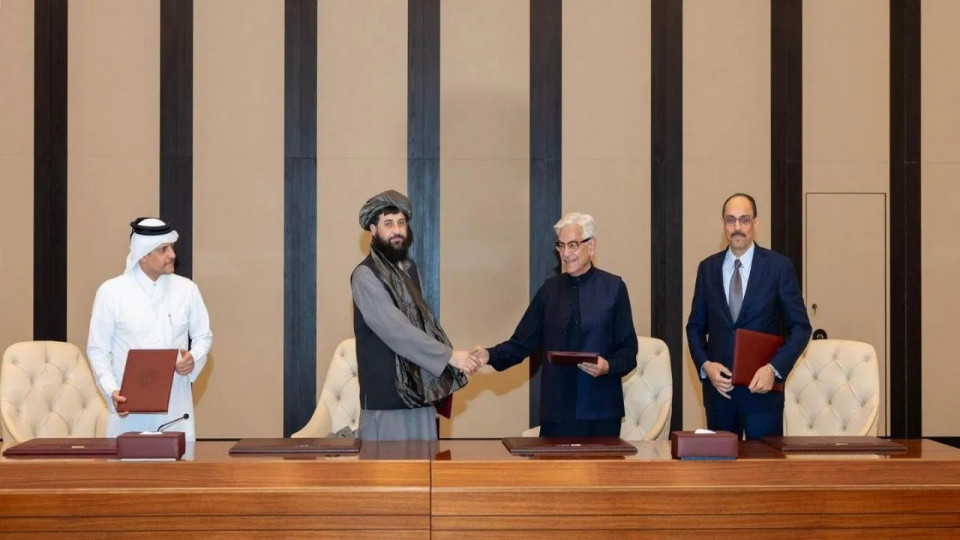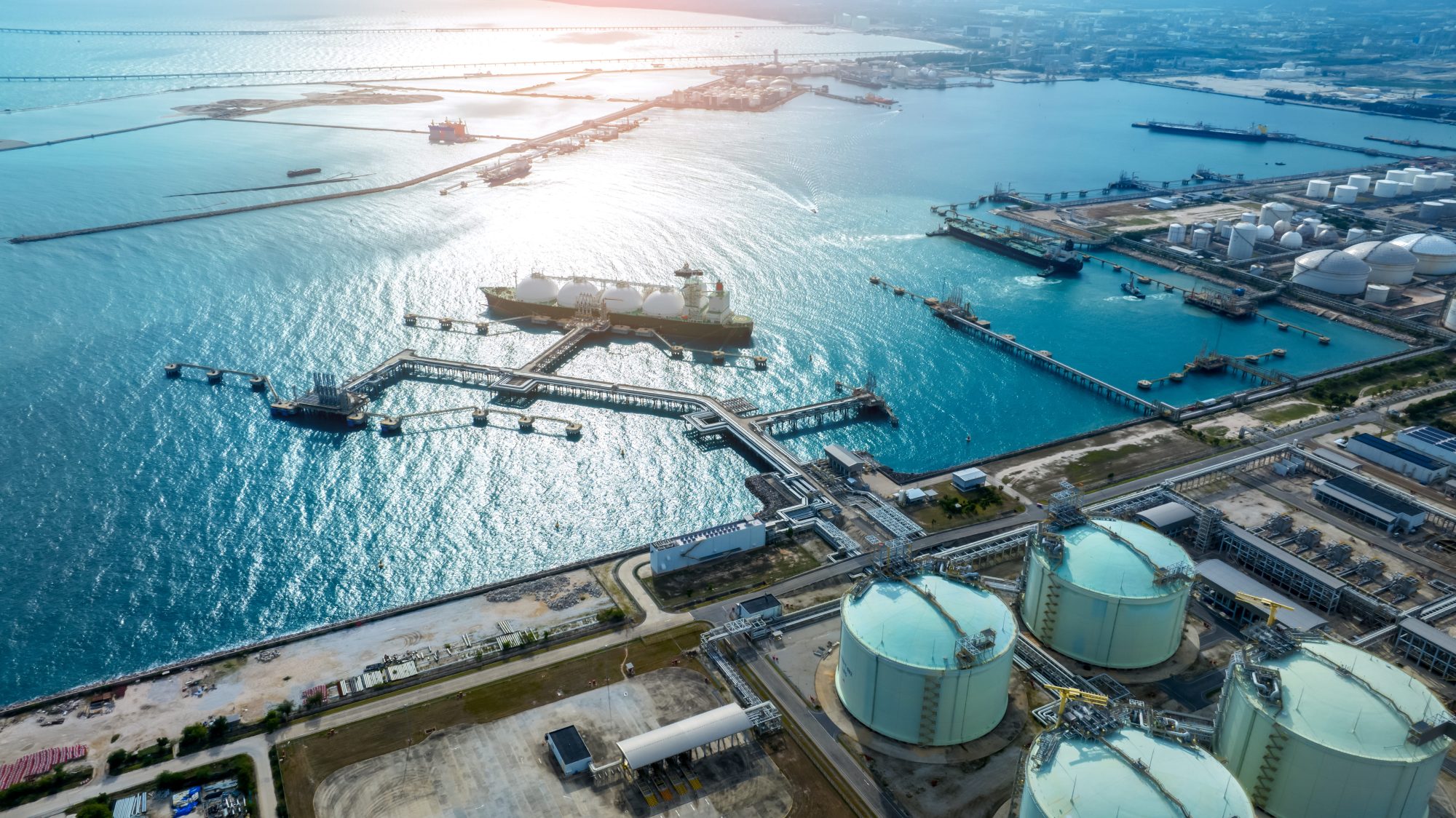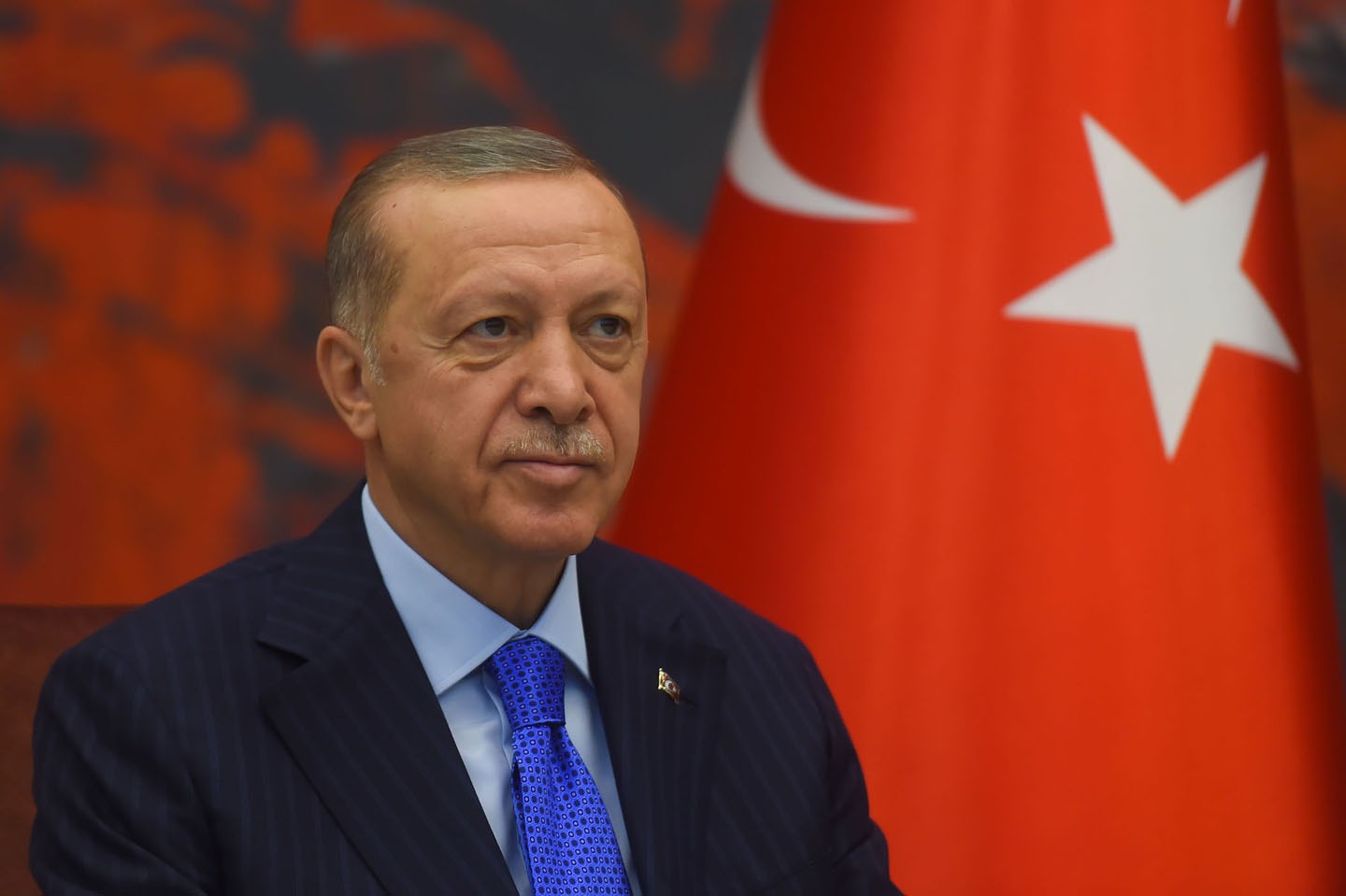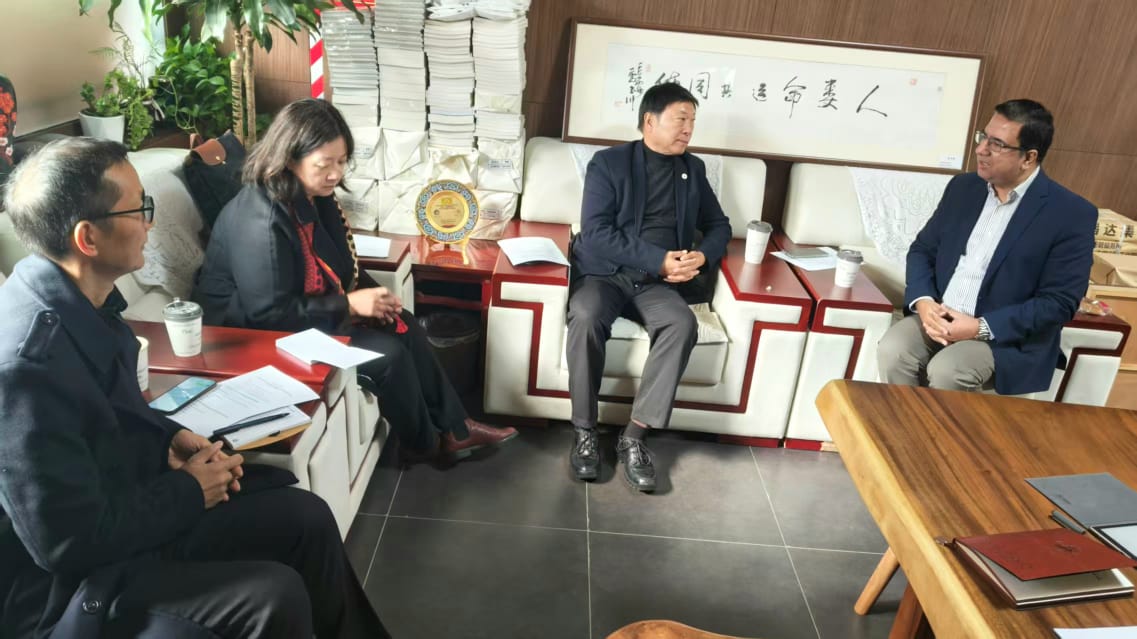The European Union has reaffirmed its long-term commitment to energy security and independence, as outlined in the European Commission’s Work Programme for 2026, entitled “Europe’s Independence Moment.” The document underscores that energy will remain a central pillar of the EU’s policy agenda next year, driving competitiveness, growth, and economic resilience across the continent.
A New Phase in Europe’s Energy Transformation
The 2026 Work Programme builds upon key initiatives launched this year, including the Clean Industrial Deal and the Affordable Energy Action Plan. Together, these measures aim to strengthen Europe’s industrial base while ensuring affordable, secure, and sustainable access to energy.
According to the Commission, 2026 will mark a decisive phase in Europe’s electrification strategy. The upcoming Electrification Strategy, accompanied by a dedicated Heating and Cooling Initiative, and the Energy Security Package, are all scheduled for adoption in the first quarter of 2026. Public consultations on these initiatives have already been conducted during the autumn under the Have Your Say platform, reflecting strong engagement from stakeholders across the energy sector.
Strengthening Energy Union Beyond 2030
In the second half of 2026, the focus will shift toward shaping the post-2030 Energy Union framework. The Commission intends to propose a comprehensive legislative package covering the Governance of the Energy Union, updates to the Renewable Energy Directive, the Energy Efficiency Directive, and the establishment of a CO₂ transportation infrastructure and market.
These legislative reforms aim to modernize the EU’s energy architecture in line with its 2040 and 2050 climate neutrality targets. Analysts believe that these steps will not only reduce dependency on imported fossil fuels but also reinforce Europe’s resilience against external energy shocks.
Fusion Energy: Europe’s Long-Term Vision
An additional highlight of the programme is a new European strategy for developing fusion power plants, marking a historic step toward next-generation clean energy technologies. Although the adoption date has yet to be confirmed, the strategy will position the EU as a global leader in fusion innovation and scientific cooperation.
Experts view this as a crucial milestone in the bloc’s pursuit of long-term energy sovereignty, signaling the EU’s intent to move beyond conventional renewables and enter a new era of sustainable energy production.
Simplification and Integration: The Energy Omnibus
In line with the EU’s ongoing efforts to simplify regulatory frameworks, the Energy Omnibus initiative will be introduced in the second quarter of 2026. It aims to streamline complex energy product legislation, improve market efficiency, and reduce administrative burdens for businesses operating in the energy sector.
These actions will complement the Grids Package, the Citizens Energy Package, and the Clean Energy Investment Strategy, all expected to be published before the end of 2025. Together, these frameworks represent a comprehensive roadmap for a more connected, sustainable, and resilient European energy system.
Addressing Social and Economic Challenges
Beyond energy, the Commission will also propose a series of measures to tackle Europe’s ongoing housing affordability and cost-of-living crisis. Among these is a new initiative addressing short-term rental markets, aiming to balance citizens’ welfare with market flexibility.
A Turning Point for Europe’s Energy Independence
The 2026 Work Programme signals that energy remains at the heart of Europe’s strategic autonomy. With rising global competition, geopolitical tensions, and the urgency of climate goals, the EU’s renewed focus on electrification, energy efficiency, and innovation reflects a broader ambition: to make Europe not just greener, but stronger and more self-reliant in an increasingly uncertain world.


